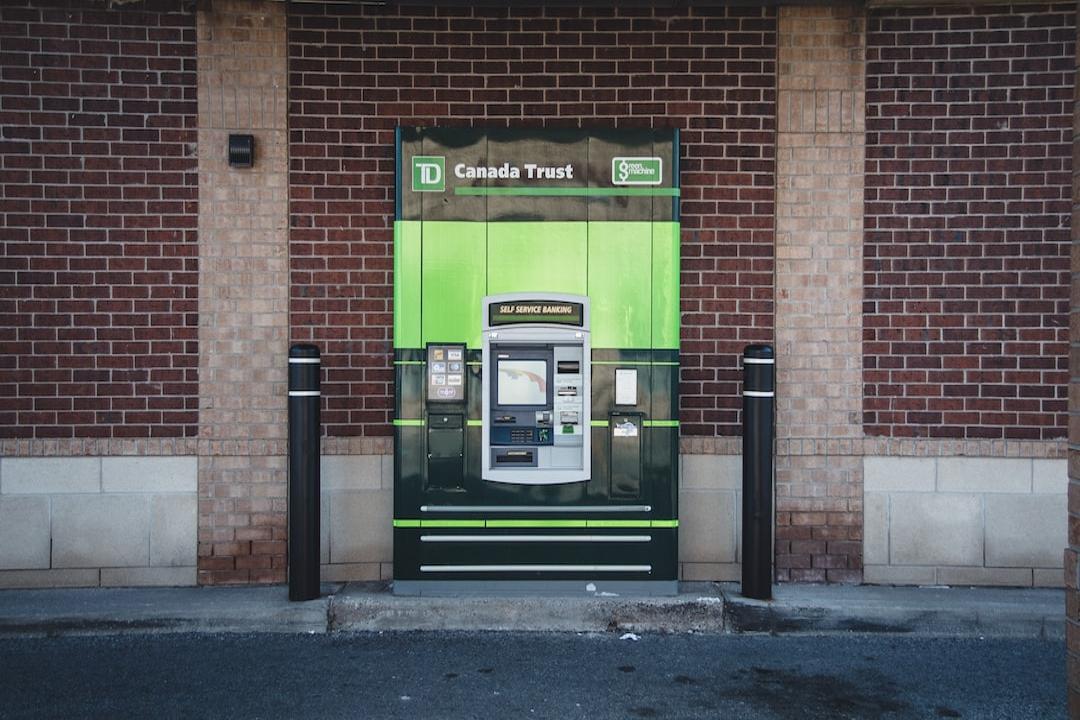With the review of Bitcoin spot ETF applications entering a critical moment, the US Securities and Exchange Commission (SEC) has requested 13 issuers to confirm the detailed information of Authorized Participants (AP) in the updated S-1 documents. In addition, they must submit the documents before December 31st.
Recently, several issuers have submitted revised S-1 documents, including Hashdex and Pando Asset. BlackRock plans to launch a $10 million seed fund on January 3rd.
Currently, there are 13 issuers, including Grayscale, BlackRock, Fidelity, VanEck, ARK, 21Shares, and Bitwise, that have submitted applications for Bitcoin spot ETF to the SEC. They have been discussing and revising the S-1 application documents for a long time.
Today, Bloomberg ETF analyst Eric Balchunas stated on X that the updated S-1 documents requested by the SEC include an important change: adding the “AP Agreement” section in the latest snapshot of the “ETF Cointucky Derby”. This change is because the SEC hopes to confirm the detailed information of Authorized Participants (AP) in the upcoming S-1 document updates (within the next 10 days).
Balchunas pointed out that this requirement may not be easy for some issuers to meet, and they may not be approved at the same time. However, the combination of “confirming the AP agreement” and “cash purchase” is likely to be the key to obtaining formal approval.
On the other hand, Fox Business reporter Eleanor Terrett stated on X that according to informed sources, the SEC has requested issuers to submit revised documents by the end of next week (December 31st), including the latest content from yesterday’s conference call. This indicates that issuers need to quickly determine the identity of AP to meet the SEC’s requirements.
According to James Seyffart, a Bloomberg analyst, several issuers have already submitted revised S-1 documents, including BlackRock, Hashdex, and Pando Asset. These three companies have proposed revisions for Bitcoin spot ETF, and Hashdex has selected BitGo as its custodian partner.
Seyffart found Pando Asset’s revised document somewhat confusing because it mentioned the possibility of using cash to create the ETF while retaining the possibility of using physical assets.
It is worth noting that BlackRock has not yet determined its Authorized Participants (AP) in the recently submitted S-1 documents. On the 18th, BlackRock submitted a revised version of the S-1 document to the SEC, explicitly stating that it will adopt the SEC-preferred “cash purchase/redemption” model. This means that AP will not directly handle Bitcoin, but will use cash to create and redeem shares.
As early as December 4th, BlackRock had raised $100,000 in seed funding for its planned Bitcoin spot ETF. At that time, Bloomberg ETF analyst Eric Balchunas commented that although the amount was not large, it was enough to show that the project was moving forward.
In the latest submitted S-1 document, Seyffart pointed out that BlackRock plans to take further action on January 3rd and inject $10 million in seed funding into its ETF. This is a significant increase compared to the previously announced $100,000. Seyffart emphasized that the injection of this seed funding does not mean that the ETF will be launched immediately, but it is consistent with their prediction that the Bitcoin spot ETF will be approved in January. Interestingly, he also pointed out that BlackRock chose January 3rd as the date, seemingly as a joke, because it is the anniversary of the birth of the Bitcoin genesis block.
In addition, SEC Chairman Gary Gensler mentioned in a speech on the 14th that they will re-examine the applications for Bitcoin spot ETF based on the outcome of Grayscale’s court ruling with the SEC. With reporter Eleanor Terrett’s statement that issuers need to submit revised documents by December 31st, these latest developments have increased market expectations for the approval of Bitcoin spot ETF before January 10th.


